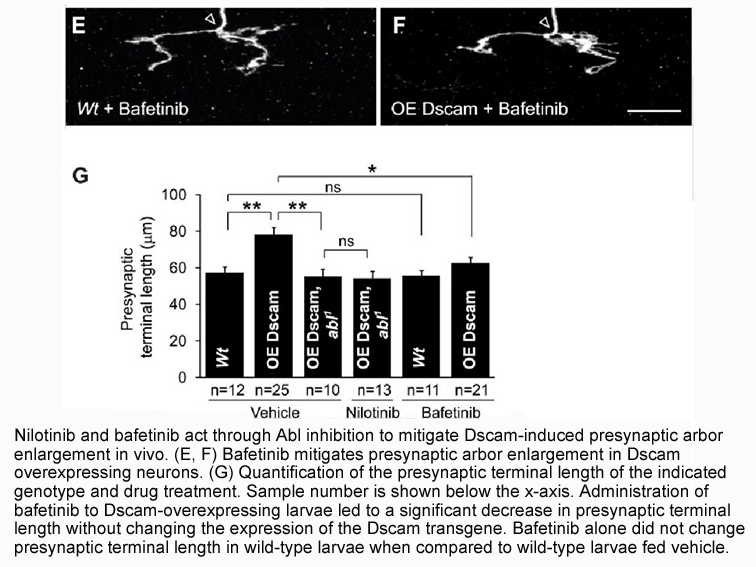Archives
In this study we showed that
In this study, we showed that TRIM48 promotes ASK1 activation through ubiquitination-dependent degradation of a negative regulator of ASK1 activation, protein arginine methyltransferase 1 (PRMT1). Knocking down TRIM48 suppressed oxidative-stress-induced cell death mediated by ASK1, and the additional knockdown of PRMT1 reversed this suppression of cell death. Furthermore, forced expression of TRIM48 impaired xenograft tumor growth, accompanied by increased cell death. These results are demonstrative of a regulatory mechanism by which ASK1 activation is mediated by an uncharacterized member of the E3 ubiquitin ligase family, TRIM48.
Results
Discussion
In this study, we showed that TRIM48 promotes PRMT1 ubiquitination and degradation and thus prevents interactions between ASK1 and Trx, resulting in enhanced ASK1 activation. The proposed model for the function of the protein is shown in Figure 7. Our data demonstrated that TRIM48 knockdown increases the ASK1-Trx interactions both under normal and under oxidative stress conditions (Figures 4B, 4C, and S6A). These results imply that TRIM48 constitutively ubiquitinates and degrades PRMT1, leading to the promotion of ASK1-dependent cell death induced by oxidative stress (Figure 5). Meanwhile, TRIM48-mediated negative regulation of PRMT1 can be modulated in a stimulus-dependent manner. We showed that, in MEF methoxsalen stably expressing TRIM48 WT treated with CHX, ASK1 degrades in an oxidative stress-dependent manner (Figure S3). Several lines of evidence show that PRMT1 arginine methylation activity is enhanced in response to several stimuli, such as estrogen and oxidative stress (Le Romancer et al., 2008, Yamagata et al., 2008), although the mechanisms underlying these phenomena are unknown. These stimuli might diminish TRIM48 expression or enzyme activity, and, by doing so, it may lead to an increase in PRMT1 expression and substrate protein arginine methylation, including ASK1 methylation.
Since TRIM48 is a human-specific gene, the human Trx-ASK1 system seems to need more elaborate regulatory mechanisms than that of lower organisms, as the system may be necessary for inducing adequate cellular-stress responses through ASK1 activation. However, to date, there are no reports regarding the molecular or physiological functions of TRIM48, making the physiological and pathological relevance of TRIM48-mediated regulation of ASK1 activation difficult to understand. Interestingly, two lines of evidence indicate that a transcription factor, double homeobox 4 (DUX4), binds upstream of the TRIM48 coding sequence and positively regulates TRIM48 transcriptional levels (Ferri et al., 2015, Geng et al., 2012). DUX4 dysregulations are associated with cancers and facioscapulohumeral muscular dystrophy, although the pathogenetic mechanisms underlying the development of DUX4-related diseases remain unknown (Daxinger et al., 2015, Wei and Siegal, 2014). Whether DUX4-mediated transcriptional control of TRIM48 causes such diseases through regulation of the PRMT1/Trx/ASK1 axis should be determined.
We demonstrated a critical role of TRIM48-mediated PRMT1/Trx/ASK1 regulation under oxidative stress conditions (Figure 5), and also its preventive role in xenograft tumor growth by promoting cancer cell death (Figure 6), suggesting a pathophysiological importance of TRIM48. Compelling evidence suggests that PRMT1 expression is upregulated in a wide variety of cancers (Yang and  Bedford, 2013) and is thus associated with multiple cancers. However, the mechanisms underlying its upregulation in cancers remain to be elucidated. PRMT1 upregulation may be caused by decreased TRIM48 expression or activity, leading to cancer development and progression. Moreover, the precise mechanisms linking PRMT1-mediated arginine methylation to cancers also remain unknown. The most prevalent theory explaining the above linkage is that PRMT1-mediated methylation of histone H4 at arginine 3 (H4R3) promotes transcriptional activation of genes, including cancer-related genes, and thus contributes to the development and progression of cancers (Yang and Bedford, 2013). H4R3 methylation status was positively correlated with tumor grade in prostate cancers and was regarded as a predictive marker of the risk of prostate cancer recurrence (Seligson et al., 2005). In addition, PRMT1 negatively regulates ASK1 activation, which can also contributes to cancer development and progression by inhibiting cancer cell apoptosis (Lin et al., 2012, Nakagawa et al., 2011). These findings indicate that PRMT1-mediated arginine methylation is associated with cancers, possibly through the following mechanisms: transcriptional activation of cancer-related genes via H4R3 methylation and suppression of ASK1 activation. Future studies should determine whether TRIM48 suppresses cancer development and progression through PRMT1 downregulation.
Bedford, 2013) and is thus associated with multiple cancers. However, the mechanisms underlying its upregulation in cancers remain to be elucidated. PRMT1 upregulation may be caused by decreased TRIM48 expression or activity, leading to cancer development and progression. Moreover, the precise mechanisms linking PRMT1-mediated arginine methylation to cancers also remain unknown. The most prevalent theory explaining the above linkage is that PRMT1-mediated methylation of histone H4 at arginine 3 (H4R3) promotes transcriptional activation of genes, including cancer-related genes, and thus contributes to the development and progression of cancers (Yang and Bedford, 2013). H4R3 methylation status was positively correlated with tumor grade in prostate cancers and was regarded as a predictive marker of the risk of prostate cancer recurrence (Seligson et al., 2005). In addition, PRMT1 negatively regulates ASK1 activation, which can also contributes to cancer development and progression by inhibiting cancer cell apoptosis (Lin et al., 2012, Nakagawa et al., 2011). These findings indicate that PRMT1-mediated arginine methylation is associated with cancers, possibly through the following mechanisms: transcriptional activation of cancer-related genes via H4R3 methylation and suppression of ASK1 activation. Future studies should determine whether TRIM48 suppresses cancer development and progression through PRMT1 downregulation.